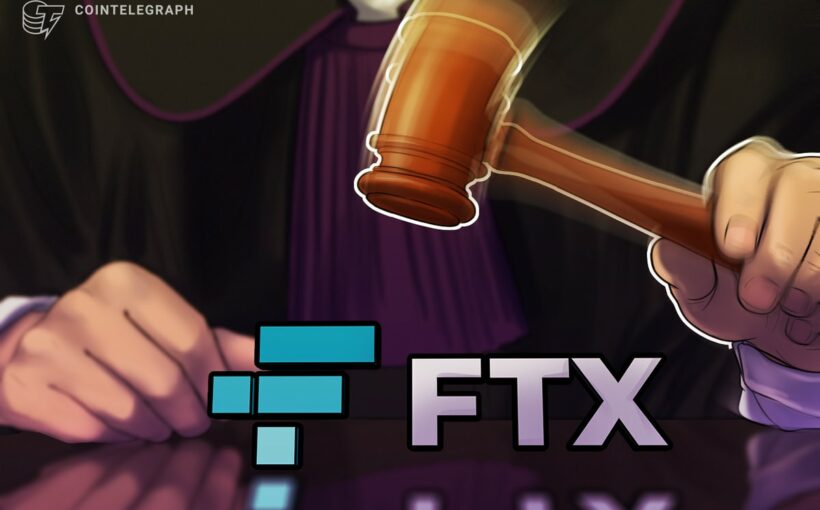A federal judge has refused to consolidate several proposed class-action lawsuits against the FTX exchange by investors. According to the judge, the exchange and its defendants have not yet been heard.
On March 8, United States District Judge Jacqueline Scott Corley laid down the order that denied plaintiffs a request to consolidate five proposed class-action lawsuits against the bankrupt crypto exchange. Despite no defendants opposing the motion, the judge pointed out that not all defendants had the opportunity to respond yet. The order stated:
“While Plaintiffs state that no Defendant has filed an opposition, they offer no declaration attesting that they have met and conferred with Defendants and that they do not oppose consolidation.”
Plaintiffs, including Julie Papadakis, Michael Elliott Jessup, Stephen Pierce, Elliott Lam and Russell Hawkins, accused the former FTX CEO Sam Bankman-Fried and other executives of misappropriating assets, filing cases in California. While all the plaintiffs are going after Bankman-Fried, the cases also include various other defendants, including outside auditors and those promoting the exchange.
Because of this, the judge also pointed out there’s no need to consolidate before hearing the defendants’ side. “The Court discerns no need to do so now without giving Defendants the opportunity to be heard. And it would be premature to appoint interim class counsel before consolidation,” the order wrote.
Related: DOJ seeks to narrow Sam Bankman-Fried’s bail terms, use only flip phones
Meanwhile, Bankman-Fried’s lawyers have recently signaled that there might be a need to push back the criminal trial scheduled in October. In a letter dated March 8, lawyers representing Bankman-Fried said that while they’re not formally requesting a date change, it may be necessary as they’re waiting for a substantial chunk of evidence to be sent to them. In addition, the lawyers noted that more charges were filed against Bankman-Fried in February.
Source: Read Full Article

